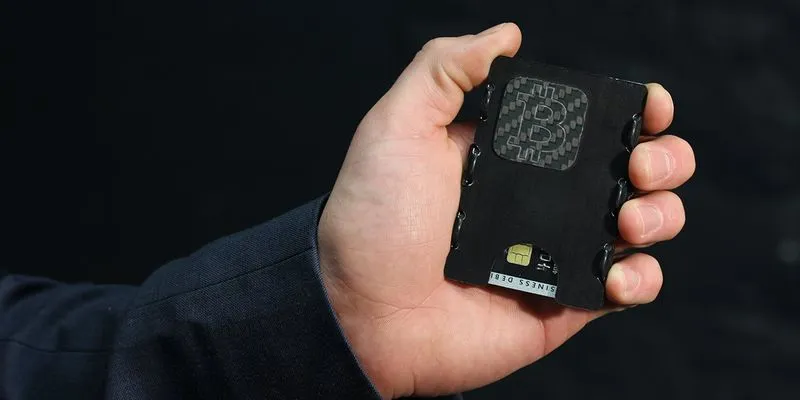Bitcoin has experienced a remarkable surge in popularity since its inception. Its allure stems from its capacity to revolutionize conventional financial systems and provide a fresh approach to online transactions. A fundamental characteristic that distinguishes Bitcoin is its decentralization, which implies that it operates independently of any centralized entity such as a government or financial institution. This particular aspect resonates with individuals who yearn for financial autonomy and safeguarding their privacy.
Furthermore, Bitcoin’s appeal has been augmented by its limited supply. With a fixed maximum of 21 million bitcoins ever to be in circulation, it embodies a deflationary nature. The scarcity factor has consequently sparked heightened demand and, consequently, a gradual ascent in prices over time.
As of May 2023, the BTC USDT pair is traded at $26, which is the price for one BTC in dollars. Where to store bitcoins safely? Read on to learn more.
Where Can I Store My Bitcoins?
Here are several commonly used approaches allowing you to hold coins and reach them at any moment you need conveniently:
Cryptocurrency exchanges. A multitude of individuals tends to store their cryptos on exchanges. By creating an account on an exchange, you gain the ability to deposit your coins into your exchange wallet.
Custodial wallets. Certain cryptocurrency custodial services, including online wallets provided by exchanges or third-party providers, offer storage solutions where they hold your private keys on your behalf.
Bitcoin Cold Storage

A cold wallet is the best way to store crypto for those who want to buy Bitcoin and forget about it. That is a long-term investment for many months or even years. In this case, you do not need to sell BTC or withdraw them to fiat or USDT – you just hold coins waiting for a large market uprise. See the options for cold storage:
Hardware wallets are physical devices meticulously designed to securely store cryptos. They generally connect to your computer or mobile device via USB or Bluetooth. Hardware wallets ensure offline storage of your private keys, providing an additional layer of protection against malware and hacking attempts. Consequently, they are widely regarded as one of the most secure methods for cryptocurrency storage.
Paper wallets involve printing out your private and public keys on a physical piece of paper. They are typically generated offline to enhance security. However, caution and proper storage are imperative due to the susceptibility of physical copies to damage, loss, or theft. Moreover, accessing funds from a paper wallet can be more intricate compared to other storage methods.
It is vital to note that regardless of the chosen storage method, adhering to proper security practices is paramount. These practices encompass utilizing strong passwords, enabling two-factor authentication, regularly updating software and firmware, and maintaining secure backups of your wallets or recovery phrases in a safe location.


